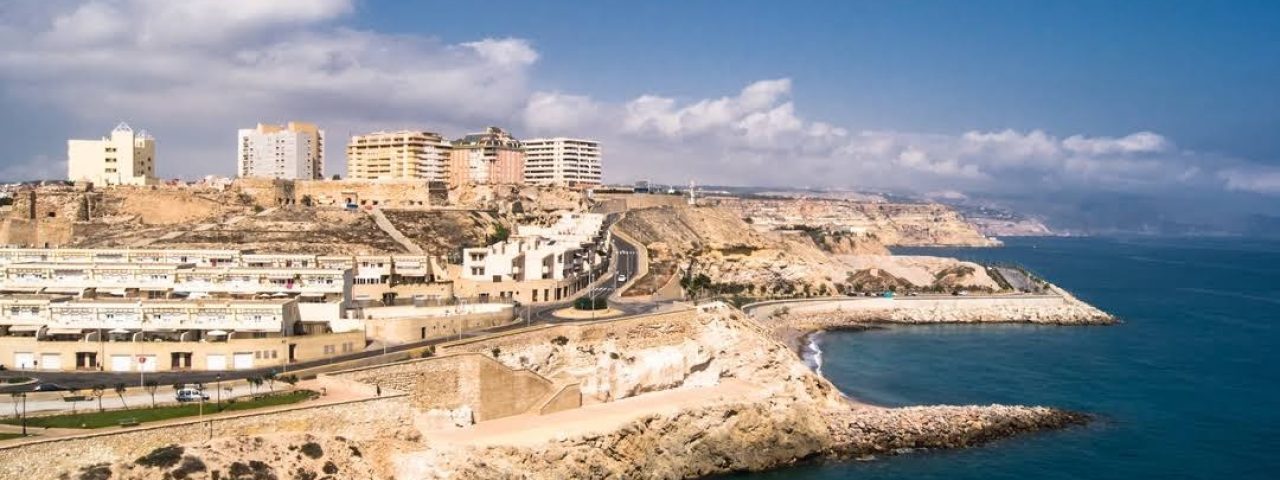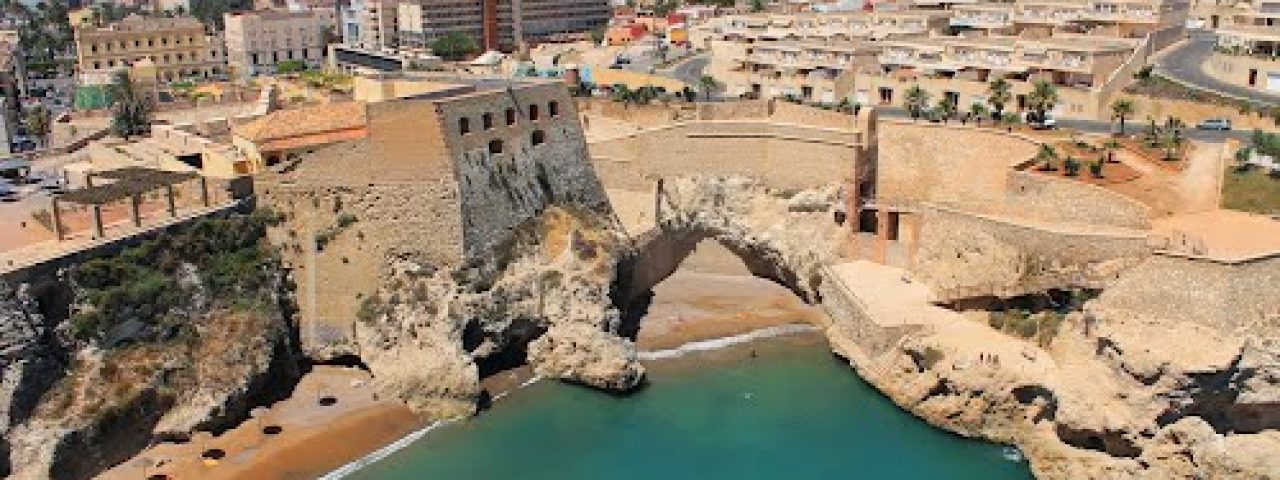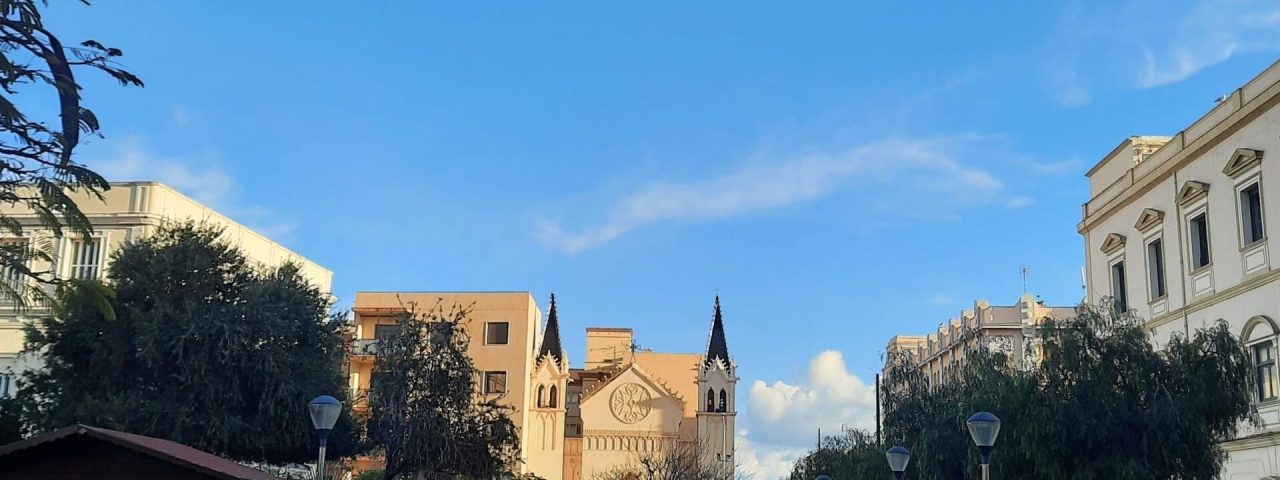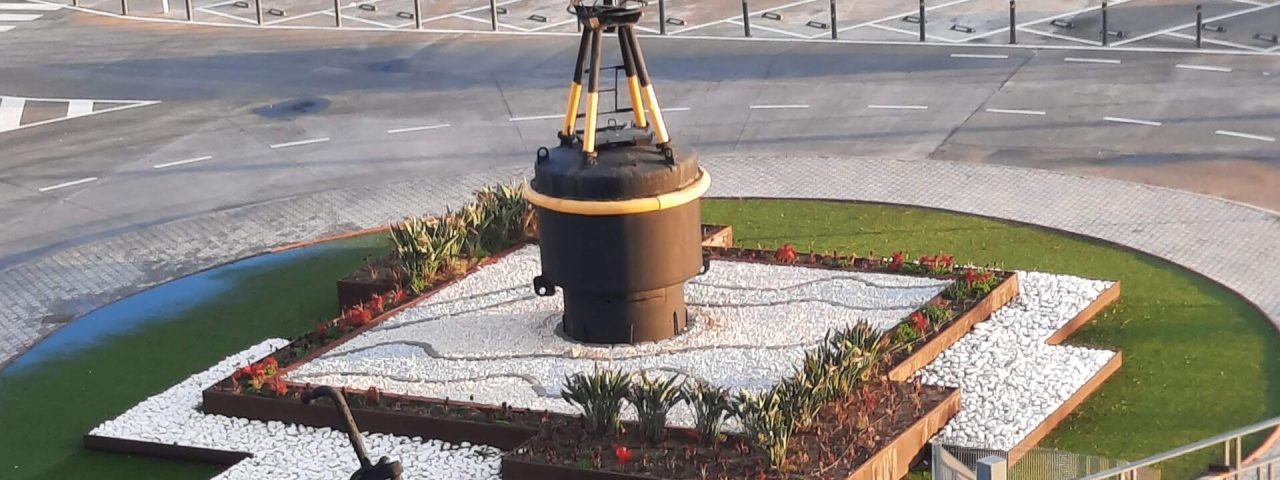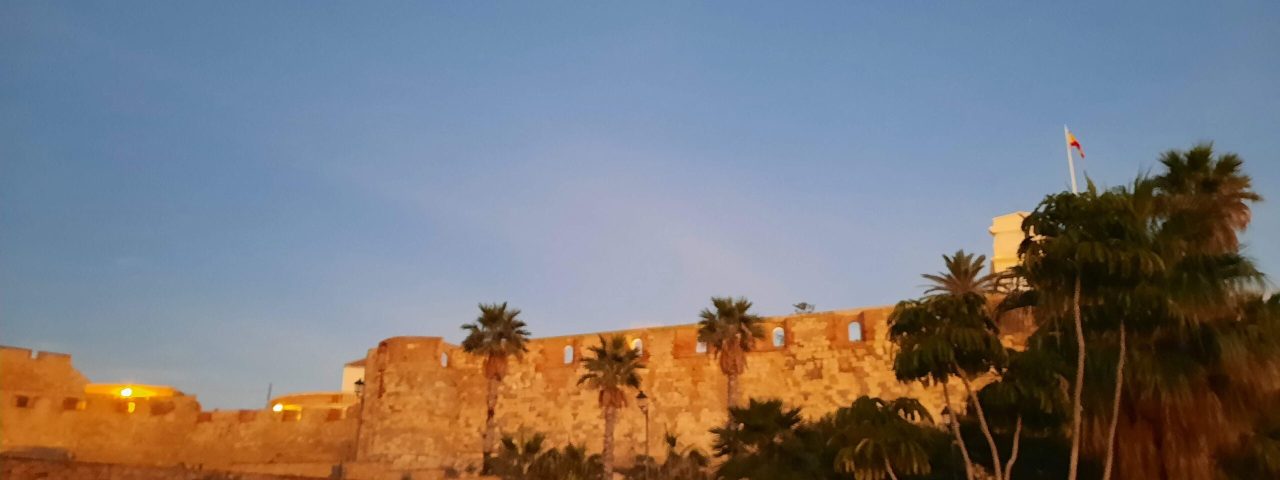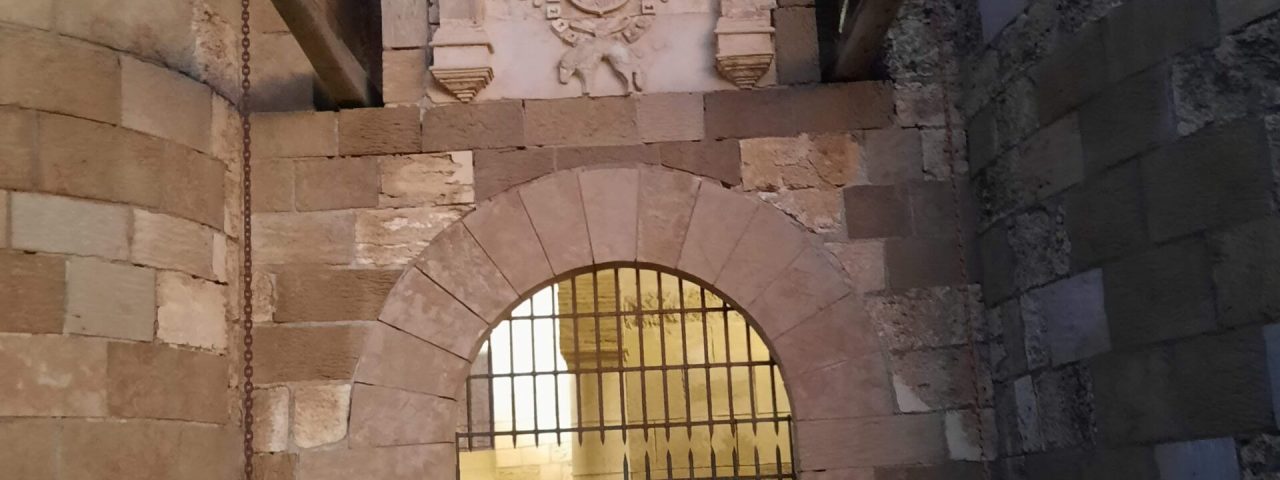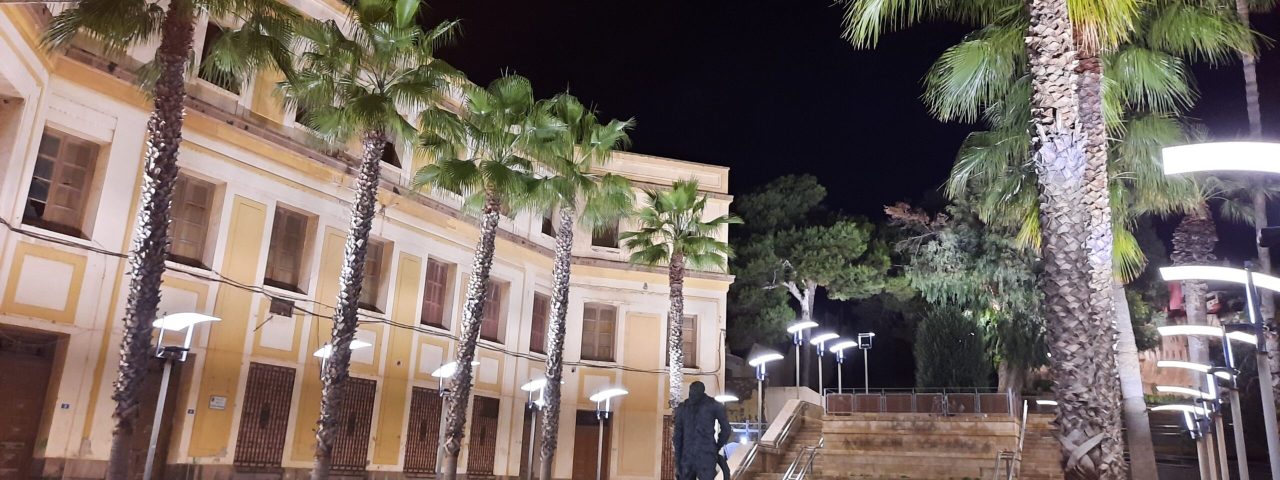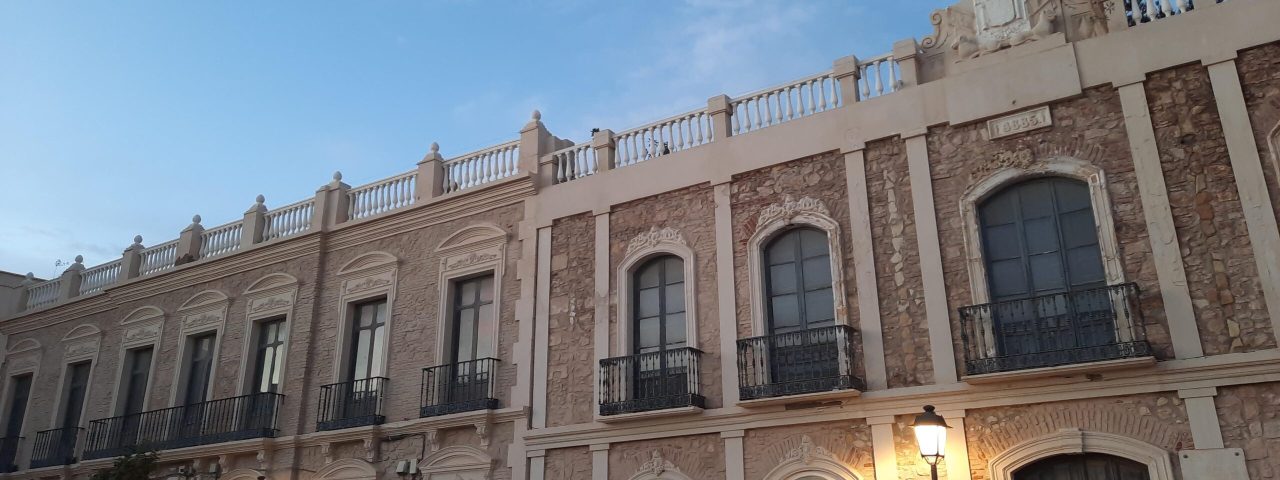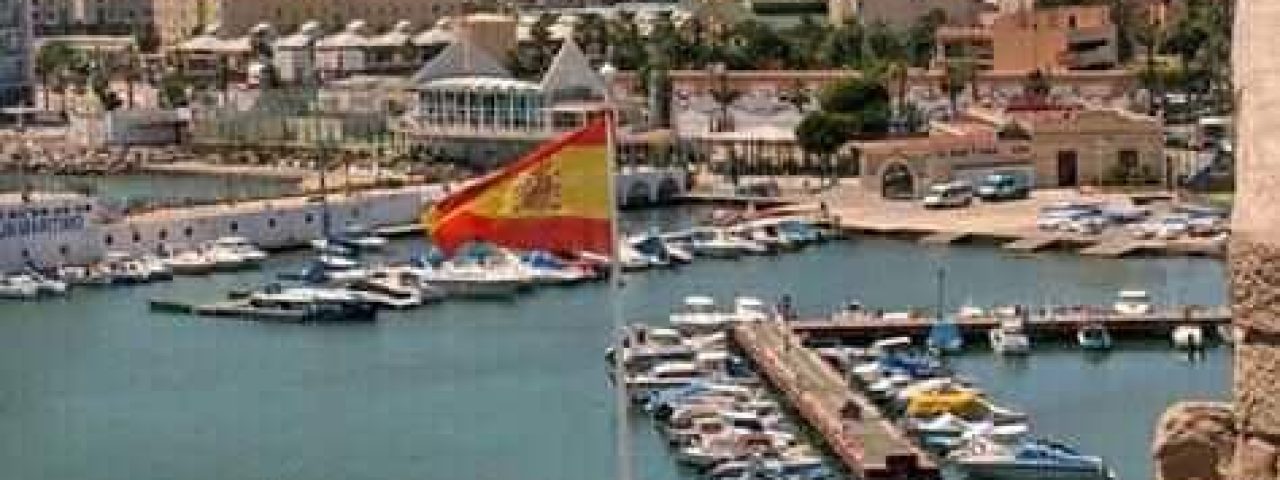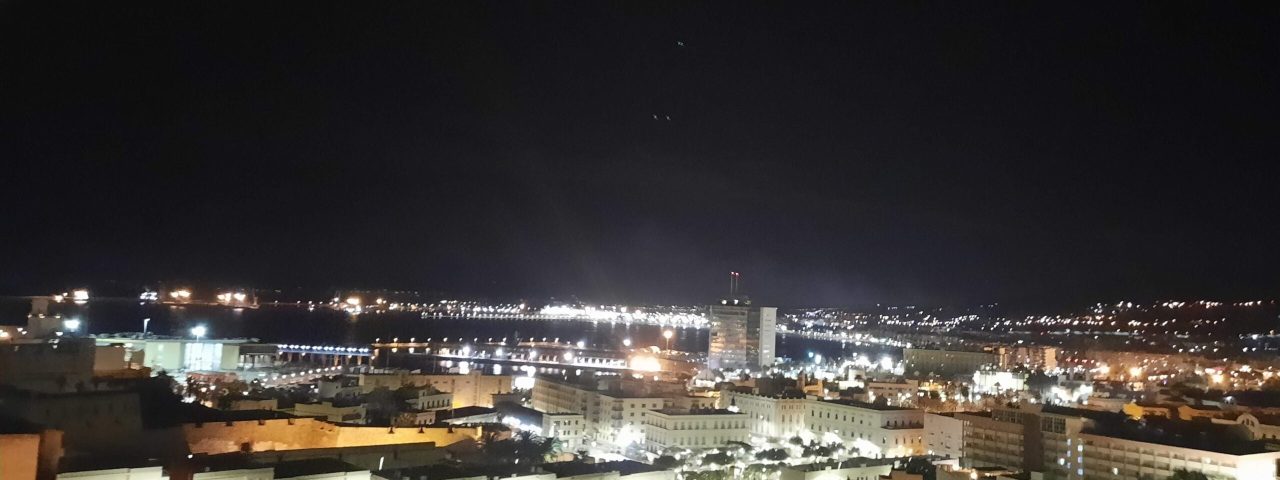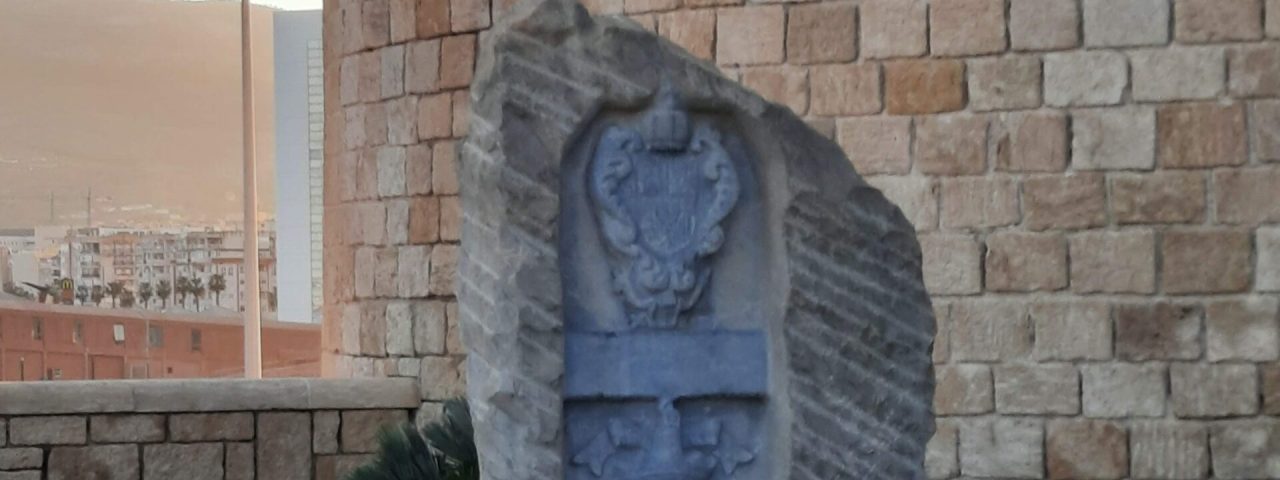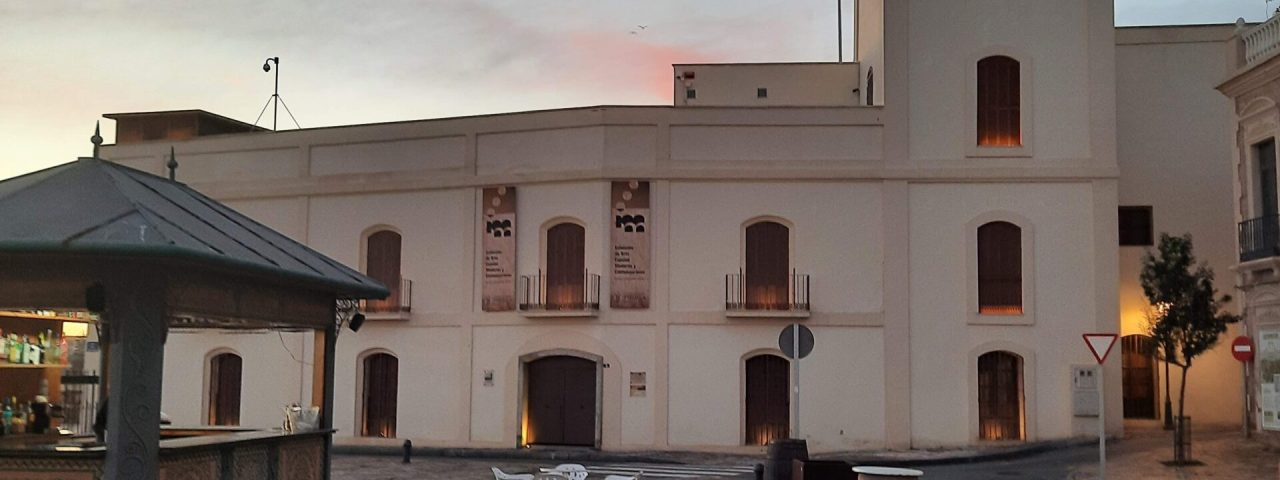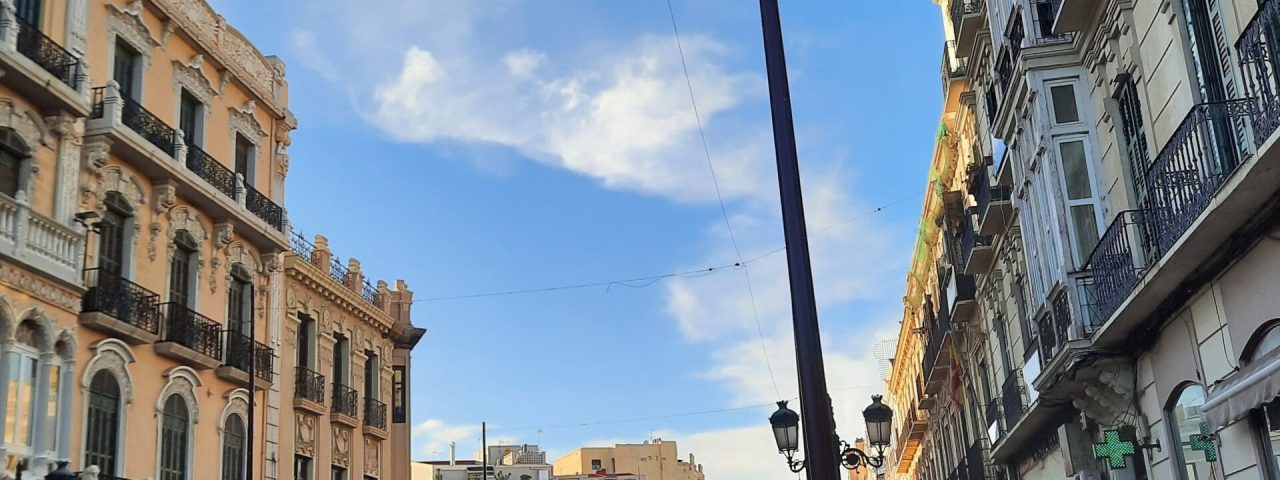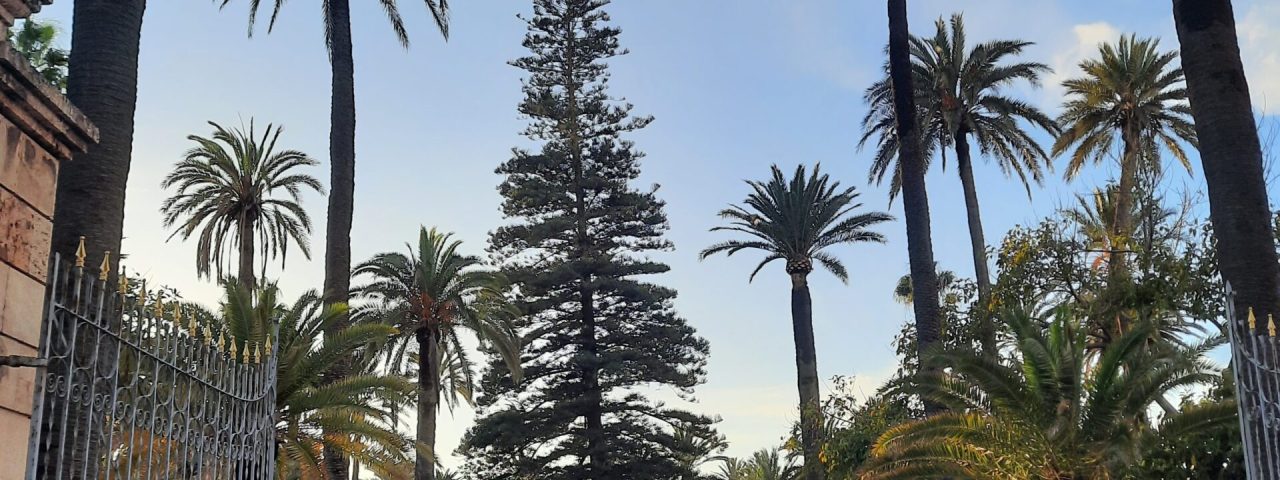Melilla has a long and rich history, dating back to ancient times when it was an important Phoenician trading post. Over the centuries, it has been influenced by numerous civilizations, including the Romans, Byzantines, and Moors, who left their mark on the city’s architecture and culture. In 1497, the city was captured by the Spanish, and since then, it has remained part of Spain, despite its geographical location in North Africa.
The city’s cultural identity is a harmonious blend of Spanish and North African traditions. This fusion is evident in its local festivals, religious events, and cuisine. Melilla celebrates both Catholic and Muslim holidays, such as Holy Week (Semana Santa) and Eid al-Fitr, providing visitors with unique cultural experiences. The city also holds annual festivals like the Feria de Melilla, a week-long celebration featuring traditional music, dance, and local cuisine.
One of Melilla’s most notable cultural customs is the coexistence of multiple religious communities, including Christians, Muslims, Jews, and Hindus. This diversity is reflected in the city’s landmarks, with places of worship for each religion standing side by side, symbolizing the city’s inclusive and multicultural spirit.
